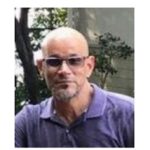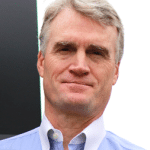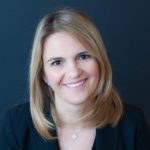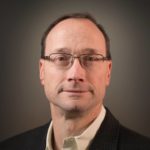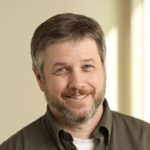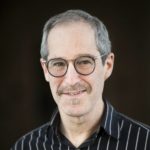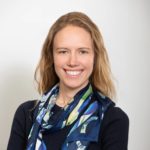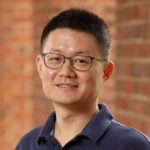William Webb
William is CTO at Access Partnership. He was one of the founding directors of Neul, a company developing machine-to-machine technologies and networks, which was formed at the start of 2011 and became CEO of the Weightless SIG, a body standardizing IoT technology. Prior to this William was a Director at Ofcom where he managed a team providing technical advice and performing research. He has worked for a range of communications consultancies and spent three years providing strategic management across Motorola’s entire communications portfolio, based in Chicago. He was IET President 2014-2015.
William has published 17 books, 100 papers, and 18 patents. He is a Visiting Professor at Southampton University, a Fellow of the Royal Academy of Engineering, the IEEE and the IET. He has been awarded multiple honorary doctorates by the UK’s leading universities and in 2018 was awarded the IET’s prestigious Mountbatten Medal for technology entrepreneurship.

